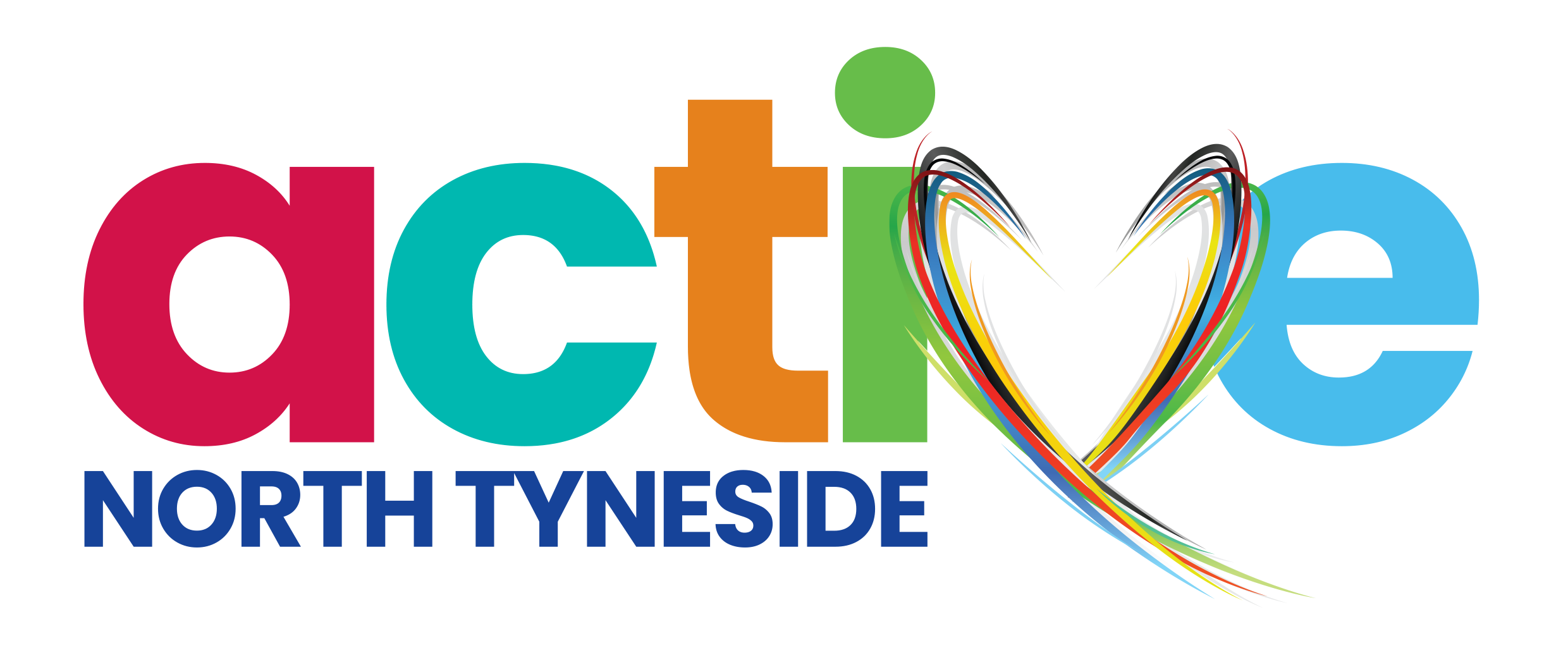Eating before exercise – what do you need to know?
To bring it back to basics, your body needs fuel.
Our food plays a massive role in the energy supplies our bodies have for exercise.
Foods are broken down into macronutrients, carbohydrates, protein, and fat.
Carbohydrates are the main energy source of the human diet, but depending on circumstances protein and fats can play a part too.
In a nutshell, your body turns carbohydrates into glucose, your body’s main energy source. That glucose can be used immediately as fuel or a limited amount can be sent to your liver and muscles where it is stored as glycogen to be used at a later date.
However, your body’s capacity for storing glycogen is limited (to approximately 1,800-2,000 calories worth, or enough fuel for around two hours of continuous, vigorous activity). Any time you exercise for more than two hours, you should take on some kind of carbohydrate supplement. This could be in the form of a drink, energy gels or even sweets.
What role do the different macronutrients have?
Carbohydrates:
provide a highly efficient source of fuel as the body requires less oxygen to burn carbohydrates compared to protein or fat. Carbohydrate is considered the body's most efficient fuel source and is vital during high-intensity exercise when your body can’t process enough oxygen to meet its needs.
aid the metabolism of fat. To burn fat effectively, your body must break down a certain amount of carbohydrate. Because carbohydrate stores are limited compared to the body's fat reserves, consuming a diet inadequate in carbohydrate essentially limits fat metabolism.
preserve lean protein (muscle) mass. Consuming adequate carbohydrate stops the body from using protein (from muscles, internal organs, or your diet) as an energy source.
Fats:
provide a concentrated source of energy. Fat provides more than twice the potential energy that protein and carbohydrates do.
help fuel low to moderate intensity activity.
Protein:
provides energy in the late stages of prolonged exercise. When the glycogen stores in your muscles is depleted (common in the later stages of a lengthy bout of exercise) the body breaks down amino acids found in skeletal muscle protein to turn into glucose.
provides energy when your daily diet is inadequate in either total calories or carbohydrates. In this situation, your body is forced to rely on protein to meet its energy needs.
How soon before exercise should you eat?
There can be various side effects if you exercise too soon after eating. These could range from bloating, nausea, cramping to reflux, vomiting and diarrhoea (not to mention a potentially hindered performance).
To optimise your energy stores, it is recommended you eat something before you exercise. You can usually avoid those unpleasant side effects if you allow sufficient time for digestion.
When consuming a meal, food enters your stomach and is slowly processed and released into your small intestine in small amounts. It generally takes two to four hours for food to completely move from your stomach to your small intestine. It’s not necessary to wait for food to fully digest before exercise, but you should give food some time to settle. For most people, one to two hours is sufficient for a moderate-sized meal and 30 minutes should do the trick for a snack.
The amount and composition of your food will impact the rate of digestion so it’s best to avoid large meals that are high in fat, protein, and fibre shortly before exercising.
Anyone taking on an endurance activity may want to wait longer and should consider incorporating fast-digesting carbs during workouts lasting longer than one hour.

